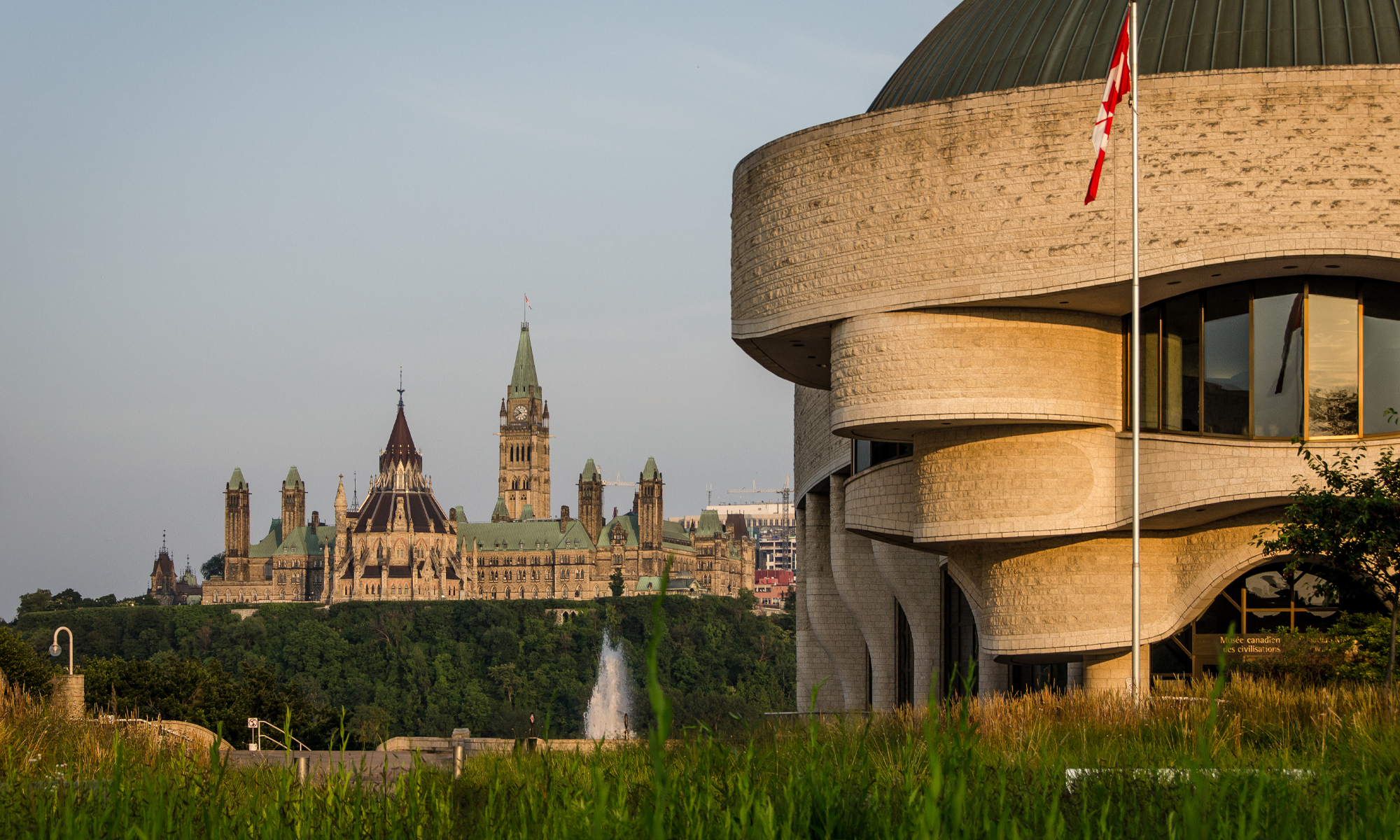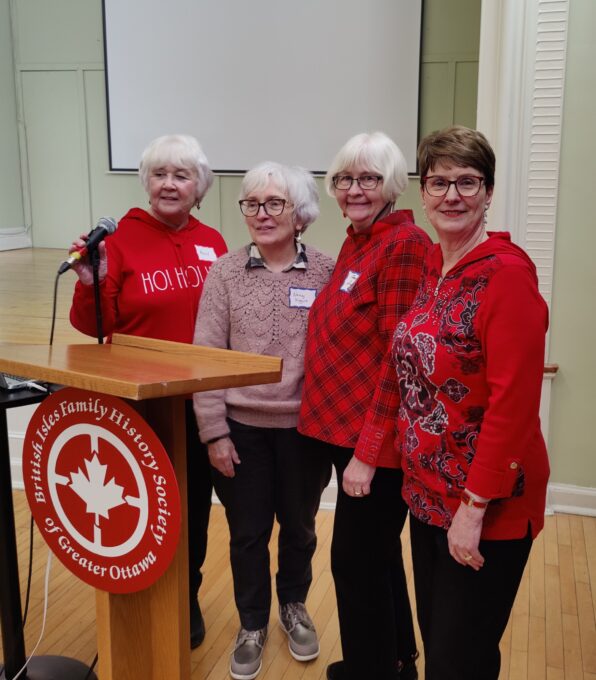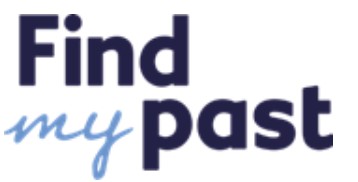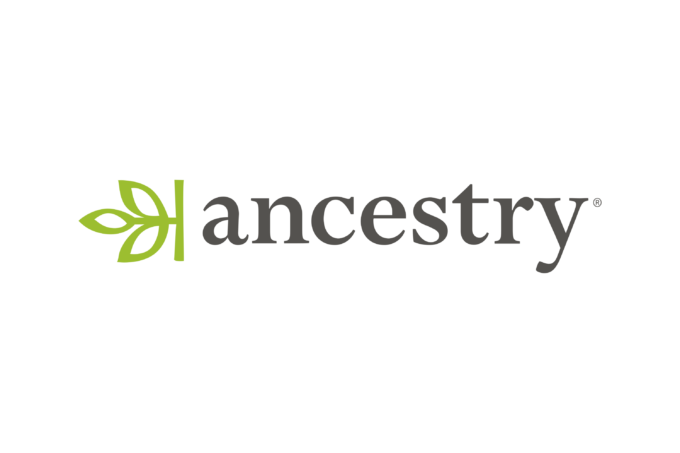
Annual Holiday Social / 9 a.m. EST
Join us for the Holiday Social, focusing on our 30th anniversary. We look forward to having members share stories of “What gifts BIFHSGO has given me over the last 30 years.” Come and also share holiday treats.
Great Moments in Genealogy / 10 a.m. EST
An Unexpected Gift
Presenter: Carol Annett
This presentation focuses on Carol’s third great-grandmother, Ann Gillies McPherson. An unexpected gift of information broke down a 10-year-old brick wall and led Carol to discover the complete story of her ancestor.
Carol Annett has been doing genealogy research for over 15 years. She enjoys travelling to places where her forebears lived in Scotland and in Canada. A member of the BIFHSGO writing group, Carol enjoys writing about her ancestors.
(From the Vaults) It Happened in Coolross
Presenter: Ann Burns
This is the story of the amazing coincidence that happened while Ann was travelling in Ireland with her father in 2008. He wanted to see where his paternal great-grandparents came from. They booked a self-driving trip that included visiting Islandmagee, County Antrim, where his great-grandmother, Eliza McCullough, was born, followed by a few days in County Wicklow, where his great-grandfather, Edward Byrne, came from. Ann had driven on the left side of the road before, but the Irish roads offered? a special treat. They found nothing helpful in Islandmagee, viewing every headstone in every Presbyterian cemetery. They met and were treated by some really lovely people, but they had a life-changing experience searching for the townland of Coolross in County Wicklow. And it happened on September 11.
Ann Burns is a retired civil servant working on her family history since 2002. She was born and brought up in Ottawa, as were her parents. Both sides of her family still feel much more connected to their Irish roots than those from England and France. She has travelled widely, but she has spent most of her time in Ireland in recent years. She does most of her research herself but has hired a local genealogist in County Wicklow from time to time. That research confirmed what they found on that extraordinary day.
Blown Away
Presenter: Veronica Scrimger
This Great Moments presentation highlights Veronica’s journey in 2019 to discover her grandfather’s foster home in the Shetland Islands.
Over the last ten years in retirement, Veronica Scrimger has been travelling to various parts of Scotland and England to follow different ancestors’ footsteps. While all the trips have been incredibly rewarding, this Shetland one was a standout.
Over the “Golden Bridge”—The unexpected discovery of more British home children in my family tree
Presenter: Nancy Higgins
Nancy’s paternal granddad, William Stephen Higgins, was always “known” to be a British home child, though that has yet to be confirmed. He remains her brick wall, which she puts aside to pursue her easier Roper and Jefford maternal lines. A chance conversation in 2019 at one of BIFHSGO’s coffee breaks opened the door to unknown British home children in her family tree: William’s wife and Nancy’s granny, Mary Ann Rodger, and her younger sister, Helen. Following up on a few of the suggestions from this conversation has led to the discovery of Mary Ann and Helen’s sad past and their eventual journey to Canada.
Nancy Higgins retired from IBM after a long consulting career. She now enjoys spending her time as a family historian while creating new family stories with her grandkids and indulging in her love of floral design. Nancy discovered she is related to not one but three British home children and the proud descendant of two, her paternal grandmother and grandfather. After a sojourn on the West Coast, Nancy has returned to live again in Ottawa. She looks forward to the day when her research is organized and, in the meanwhile, derives pleasure from the journey of discovering her roots and creating family stories to share.
This is a hybrid meeting:
- In person at Knox Presbyterian Church (Lisgar & Elgin) in Geneva Hall. Please use the Garden Entrance on Elgin Street. Limited free street parking is available on Saturdays, and the City Hall Parking Garage is available for $2.00.
- Online by registering here. This registration covers both events





 Southwark Vaccination Registers
Southwark Vaccination Registers
